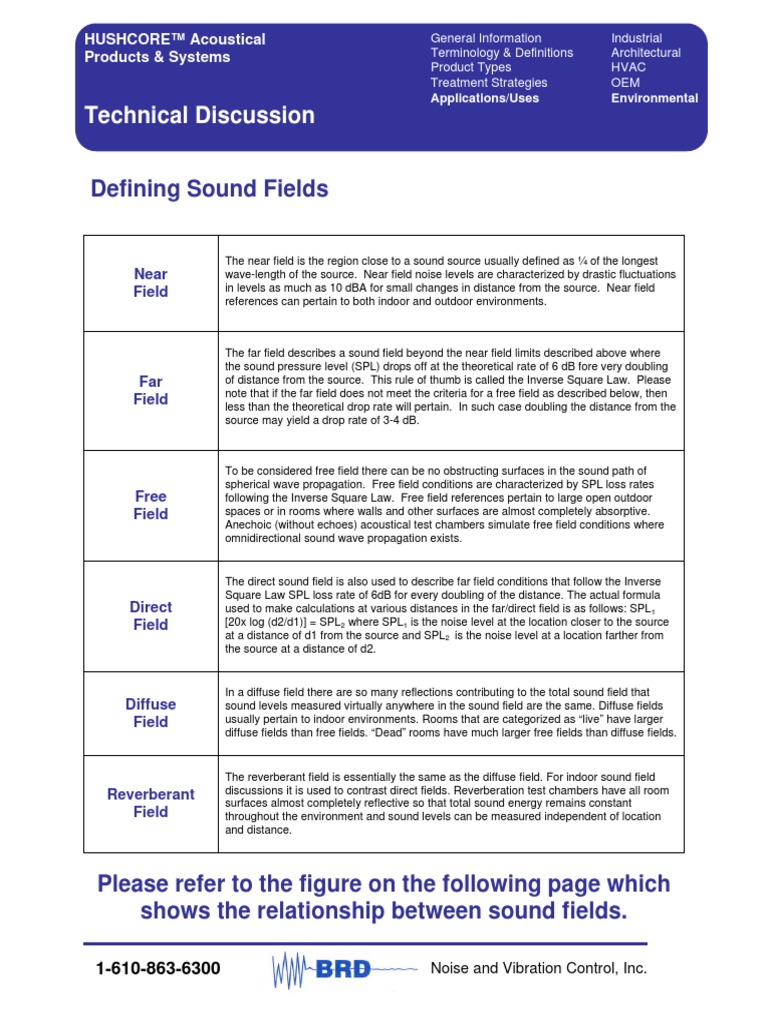Defining The Sound Perimeter: Music's Role In Society

Table of Contents
Music as a Social Glue
Music's ability to connect people is undeniable. It fosters a sense of community and shared identity, transcending geographical boundaries and linguistic differences.
Fostering Community and Belonging
Music creates shared experiences that forge strong bonds. Think of the electrifying energy of a live concert, the spiritual unity of a religious service, or the joyous camaraderie of a music festival. These shared musical experiences cultivate a sense of belonging, reducing feelings of isolation and stress.
- Examples of musical communities:
- Fan clubs dedicated to specific artists or genres.
- Choirs uniting diverse voices in harmonious expression.
- Bands collaborating creatively and building lasting friendships.
The psychological impact of shared musical experiences is significant. Participating in musical activities enhances social cohesion, strengthens relationships, and provides a sense of collective identity.
Facilitating Social Interaction and Communication
Music acts as a universal language, effectively communicating emotions and ideas across cultural barriers. It provides a common ground for social interaction, breaking down barriers and fostering connection.
- Examples of music in social settings:
- Upbeat music at parties and dances encouraging interaction and movement.
- Background music in casual gatherings setting a mood and facilitating conversation.
- Music shared between friends reflecting shared tastes and preferences.
Beyond casual settings, music plays a crucial role in courtship and romantic relationships. Shared musical tastes often signify compatibility and strengthen emotional bonds. Music can express unspoken feelings, creating a powerful connection between individuals.
Music as a Catalyst for Social Change
Music's influence extends beyond entertainment; it has served as a potent catalyst for social change throughout history.
Music and Political Activism
Protest songs have long been a powerful tool for social and political movements, giving voice to the voiceless and mobilizing people towards action.
- Examples of influential protest songs:
- "We Shall Overcome" – Civil Rights Movement
- "Blowin' in the Wind" – Anti-war movement
- Many songs associated with the anti-apartheid movement in South Africa
Music's ability to raise awareness and inspire action makes it an invaluable tool for social activism. It transcends geographical and linguistic barriers, uniting people around a common cause.
Music and Social Commentary
Music often reflects and shapes societal norms, values, and beliefs. Artists use their creative expression to comment on social issues, challenging existing norms and prompting dialogue.
- Examples of music addressing social issues:
- Songs about poverty and inequality.
- Music highlighting racial discrimination and injustice.
- Songs addressing environmental concerns.
Through insightful lyrics and evocative melodies, music can challenge the status quo, fostering empathy and promoting positive social change. It can inspire critical thinking, initiate conversations, and ultimately contribute to a more just and equitable society.
Music as a Reflection of Culture and Identity
Music is intrinsically linked to culture and identity. Different musical genres reflect the unique traditions, beliefs, and experiences of diverse communities worldwide.
Musical Genres and Cultural Diversity
The rich tapestry of world music showcases the incredible diversity of human expression. Each genre possesses its unique characteristics, reflecting its cultural origins.
- Examples of diverse musical genres:
- Flamenco (Spain)
- Reggae (Jamaica)
- Blues (United States)
Music serves as a powerful vehicle for preserving and transmitting cultural heritage. Traditional songs and musical styles often carry stories, beliefs, and historical accounts, passing knowledge from one generation to the next.
Music and National Identity
Music plays a significant role in shaping national pride and identity. National anthems, folk songs, and popular music often embody a nation's values, history, and aspirations.
- Examples of music associated with national identity:
- National anthems
- Folk songs celebrating national heroes or events
- Popular music reflecting national characteristics and experiences
However, music's role in national identity can be complex. While it can unite populations, it can also be used to divide them, reinforcing stereotypes or promoting exclusionary narratives.
Conclusion
In conclusion, Music's Role in Society is multifaceted and profound. It acts as a powerful social glue, forging communities and facilitating communication. Simultaneously, it serves as a catalyst for social change, challenging norms and inspiring action. Finally, music reflects and shapes cultural identity, preserving heritage and expressing unique experiences. Continue exploring the profound influence of Music's Role in Society by delving into the history of your favorite genre or researching the impact of music on a specific social movement.

Featured Posts
-
 Analyzing The Federal Election Results Implications For Saskatchewan
May 22, 2025
Analyzing The Federal Election Results Implications For Saskatchewan
May 22, 2025 -
 Is Googles Ai Strategy Working Investor Confidence And The Future Of Ai At Google
May 22, 2025
Is Googles Ai Strategy Working Investor Confidence And The Future Of Ai At Google
May 22, 2025 -
 Pat Mc Afee Event Insider Refutes Rodgers To Steelers Speculation
May 22, 2025
Pat Mc Afee Event Insider Refutes Rodgers To Steelers Speculation
May 22, 2025 -
 Images Exclusives Le Theatre Tivoli De Clisson Et Le Loto Du Patrimoine 2025
May 22, 2025
Images Exclusives Le Theatre Tivoli De Clisson Et Le Loto Du Patrimoine 2025
May 22, 2025 -
 Bwtshytynw Yueln En Thlathy Jdyd Fy Qaymt Mntkhb Amryka
May 22, 2025
Bwtshytynw Yueln En Thlathy Jdyd Fy Qaymt Mntkhb Amryka
May 22, 2025
